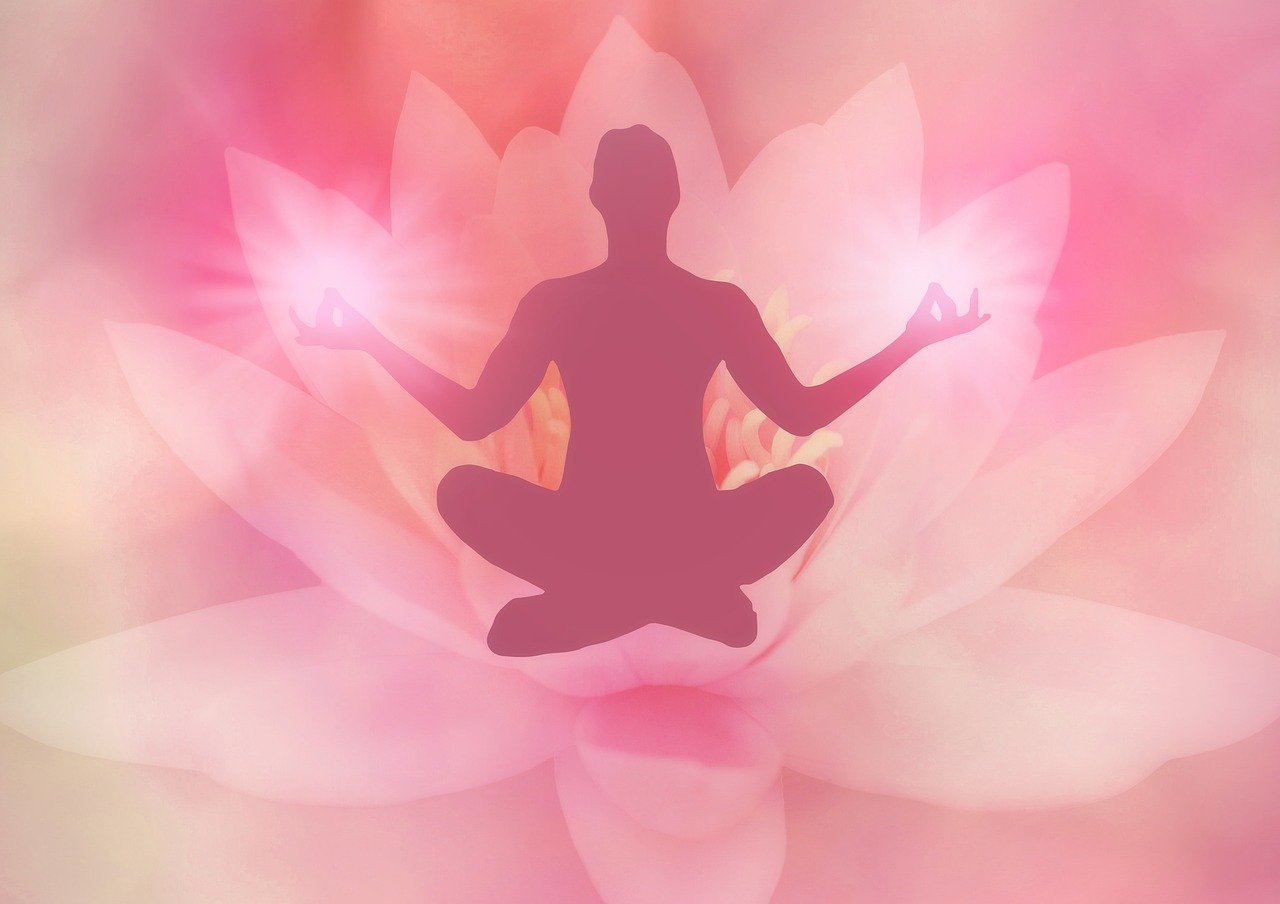In an age where personal growth and wellness are increasingly prioritized, ancestral healing emerges as a profound practice for resolving deep-seated patterns and fostering transformation. It transcends self-improvement by addressing not just the individual but the familial and cultural wounds that ripple through generations. By embarking on this journey, you can unlock hidden strengths, break cycles of trauma, and pave the way for a more empowered future.
What Is Ancestral Healing?
Ancestral healing is a practice that seeks to mend emotional, spiritual, and psychological wounds inherited from previous generations. These wounds can manifest as patterns of behavior, beliefs, or unresolved trauma that shape your life. By recognizing and addressing these influences, you create opportunities for healing not only for yourself but also for your lineage—past, present, and future.
This holistic approach combines elements of psychology, spirituality, and cultural practices. Techniques often include meditation, rituals, therapy, and storytelling. It’s about acknowledging the resilience and wisdom of those who came before while releasing burdens that no longer serve you.
The Impact of Generational Trauma
Generational trauma, or intergenerational trauma, refers to the transmission of trauma effects from one generation to the next. Research in epigenetics reveals that trauma can leave biological imprints on our DNA, influencing how stress and emotions are processed by descendants. This phenomenon explains why family patterns—such as struggles with relationships, health issues, or financial difficulties—often persist.
Breaking free from these patterns requires awareness and intentional healing. Ancestral healing helps:
- Uncover the root causes of inherited struggles.
- Transform pain into resilience.
- Empower individuals to rewrite their family story.
How to Begin Your Ancestral Healing Journey?
Starting your ancestral healing journey may feel daunting, but it doesn’t have to be. Here are steps to guide you:
1. Acknowledge the Need for Healing
- Reflect on recurring patterns or challenges in your life.
- Consider how these might be linked to your family’s history.
2. Research Your Ancestry
- Dive into genealogy records, family stories, and cultural traditions.
- Tools like ancestry websites and DNA testing kits can provide valuable insights.
3. Engage in Rituals
- Create an altar to honor your ancestors with symbols, photos, or meaningful items.
- Perform rituals during significant dates, such as anniversaries or cultural festivals.
4. Seek Professional Support
- Work with therapists who specialize in intergenerational trauma.
- Join workshops or groups focused on ancestral healing practices.
5. Practice Forgiveness and Release
- Write letters to your ancestors expressing forgiveness and gratitude.
- Use visualization exercises to imagine releasing inherited burdens.
The Role of Culture in Ancestral Healing
Cultural heritage plays a vital role in ancestral healing. By reconnecting with your roots, you tap into the wisdom, resilience, and traditions of your lineage. For marginalized communities, this process is particularly empowering, as it fosters pride and counters the erasure of cultural identities caused by colonization or systemic oppression.
Ways to Reconnect:
- Language Revival: Learn the language of your ancestors.
- Traditional Practices: Participate in dances, rituals, or crafts from your culture.
- Storytelling: Share and preserve family stories.
The Science Behind Ancestral Healing
While ancestral healing often draws from spiritual and cultural practices, science supports its effectiveness. Epigenetics, neuroscience, and psychology all highlight the interconnectedness of generations. Studies show that mindfulness, meditation, and rituals—common ancestral healing tools—can:
- Rewire neural pathways.
- Reduce stress and anxiety.
- Foster a sense of belonging and purpose.
Success Stories: Transformation Through Ancestral Healing
Many individuals have experienced profound transformations through ancestral healing. One such story is that of Sarah, who struggled with chronic anxiety and a fear of failure. Through ancestral healing, she discovered her grandmother’s story of displacement during war. Acknowledging this history and practicing forgiveness allowed Sarah to release her inherited fear, leading to greater self-confidence and peace.
A Call to Action: Embark on Your Healing Journey
Ancestral healing is not just a personal endeavor; it’s a gift to future generations. By healing yourself, you create ripples of transformation that can empower your children, grandchildren, and beyond. Start today by taking small steps—reflect on your family’s history, engage in rituals, or seek support.
Your journey toward ancestral healing has the power to not only honor the past but also shape a brighter future. Begin now and be the change-maker your lineage has been waiting for.
Conclusion
Ancestral healing offers a profound way to bridge the past and future, transforming generational pain into strength and resilience. By embracing this practice, you empower yourself to live authentically, honor your roots, and leave a legacy of healing for generations to come.
The time to heal is now. Take the first step—your ancestors and future descendants will thank you.



